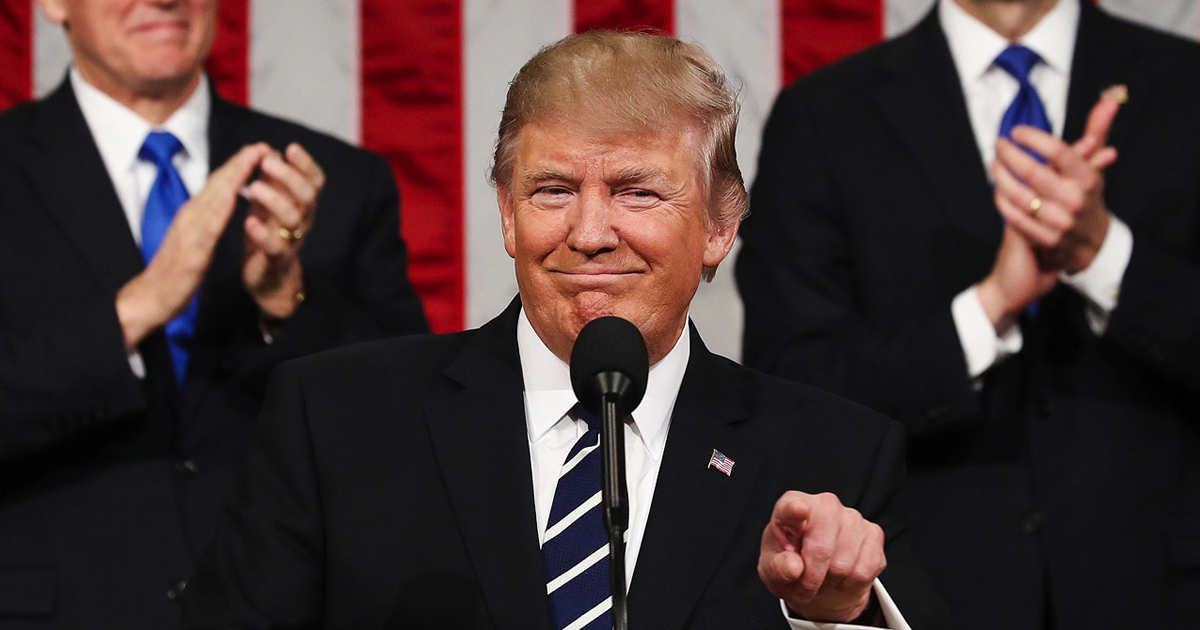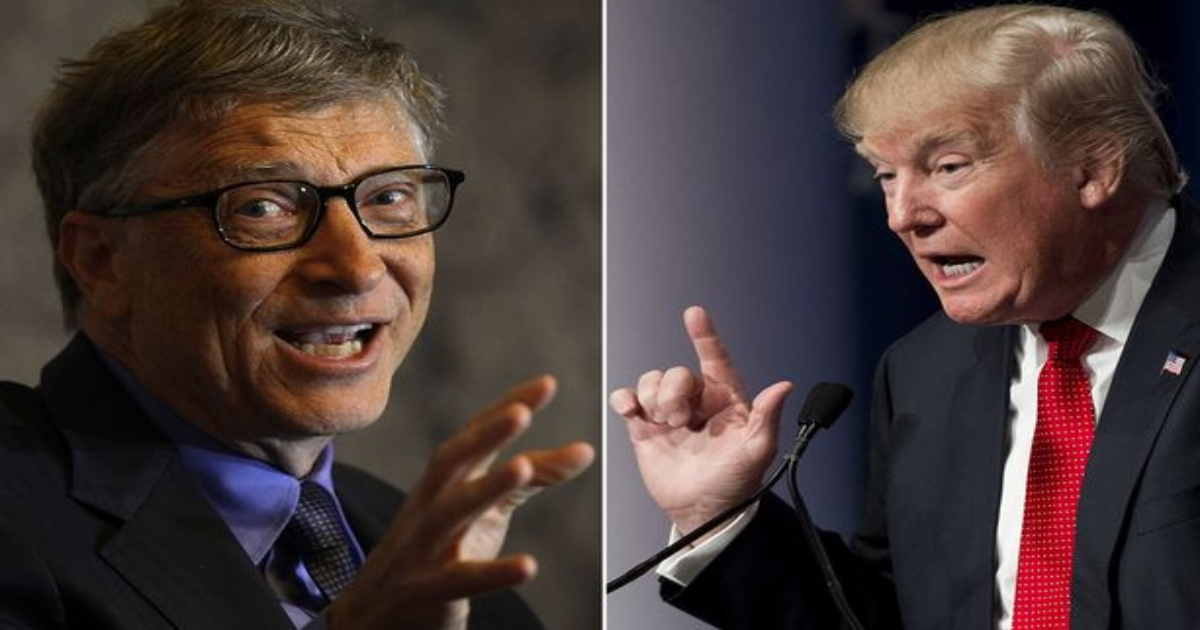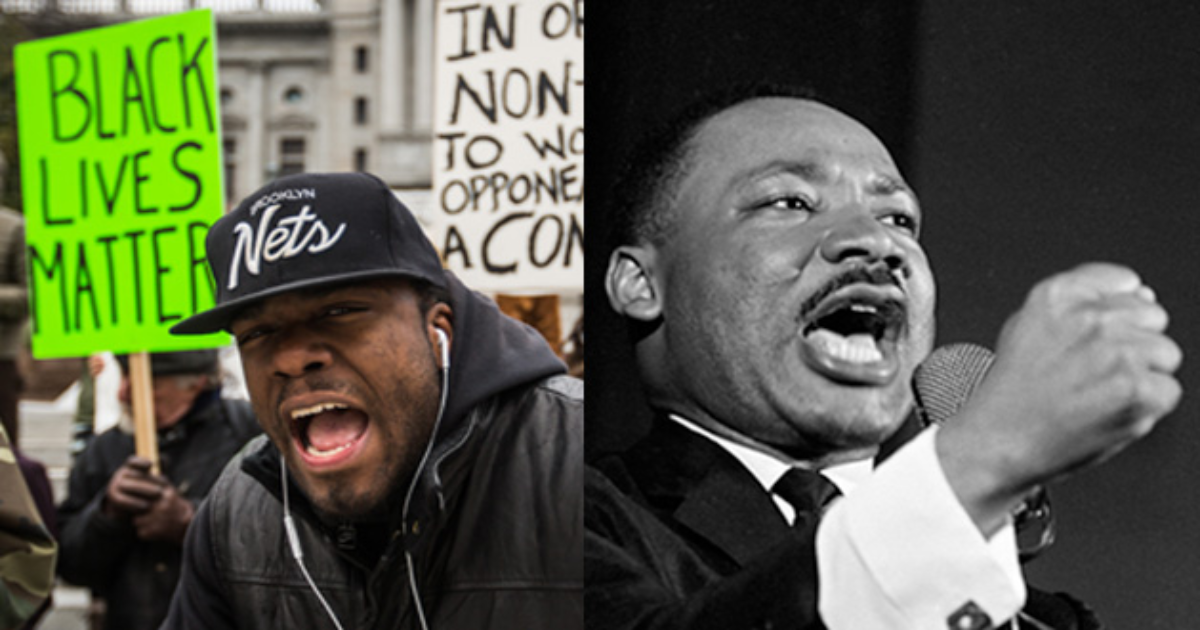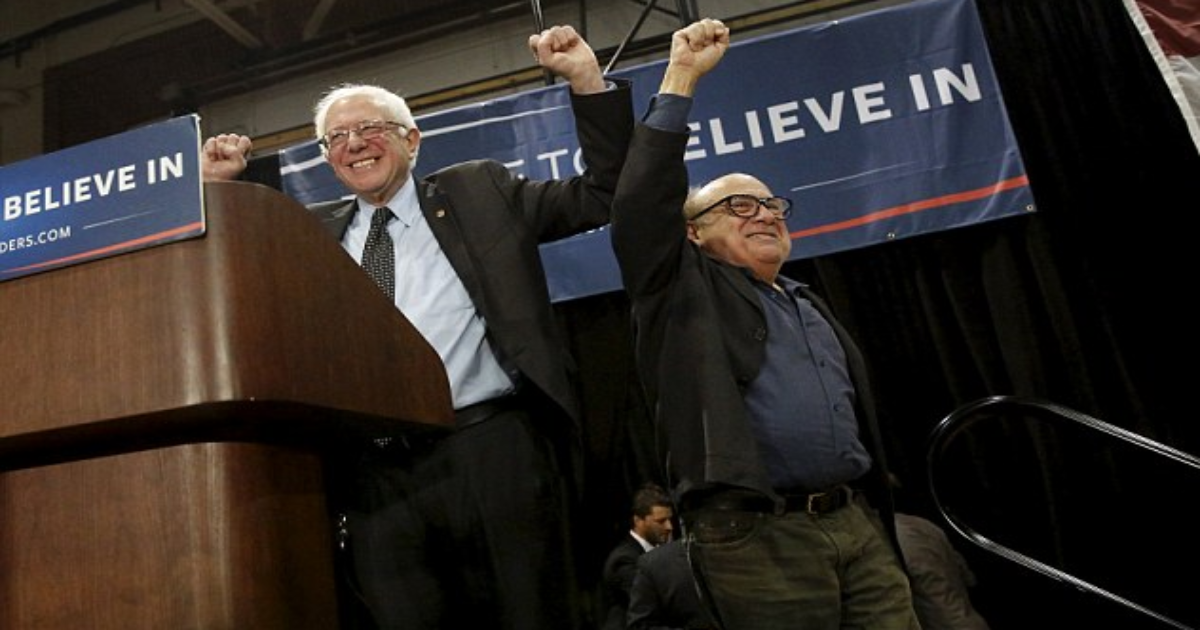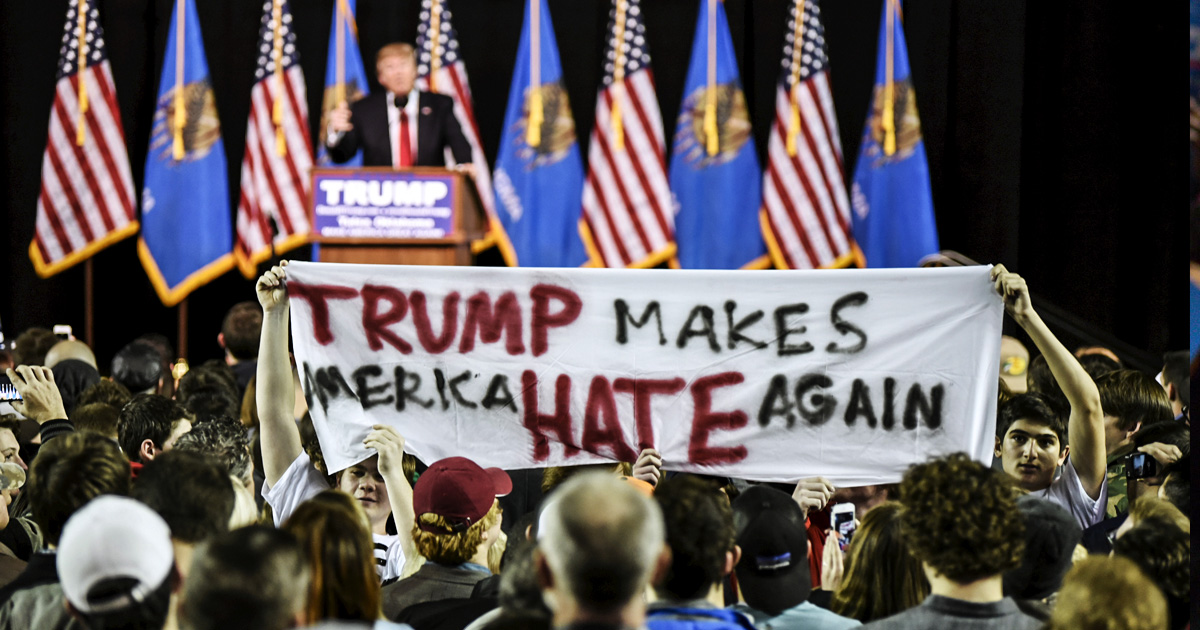Donald Trump’s speech was basically crowing about a rise in the stock market and a purported wave of optimism that has come over the country, but polling certainly doesn’t show that. Ring of Fire’s Sam Seder is joined by Heather ‘Digby’ Parton to help analyze President Trump’s address to Congress from earlier this week.
Transcript of the above video:
Sam: If you compare the same speech that Barack Obama gave almost to the day in 2009. Right? I think it was … This time it was Trump in February 28th and I think Barack Obama gave it in February 24th. The amount that Obama had already done in that first month relative to what Donald Trump has been able to achieve, is pretty stunning. Now, to be fair, there was a massive emergency in this country. We were in the midst of a financial crisis, and so the level of urgency was much more significant. Donald Trump’s speech was basically crowing about a rise in the stock market, a purported wave of optimism that has come over the country.
I’m not sure, maybe that’s happening in some pockets, but I’m not aware of this wave of optimism, and certainly the polling doesn’t show that. Then sort of broad, almost the same things that he called for during the campaign, but now far more general because it seems, as he said earlier in the week, maybe, I guess it was the end of last week, that, ‘Who knew that these things could be so complicated?’
Heather: Well he said, ‘Nobody knew that they could be so complicated.’ Which, yeah, sorry, actually everybody knew it was going to be complicated. He seems to think, and this is again, Trump is not actually … He’s not really a politician, and he’s not really a manager, or an executive. In fact, there was an article written in Politico last week that I found so fascinating about his managerial style, which people are talking about how chaotic the White House operation is. He’s always operated in this chaotic style, but he’s only run a small mom-and-pop business before.
Sam: Right.
Heather: The ramifications of it were slightly less severe. In any case, he was described as a performance artist pretending to be a manager in this article. I think that’s kind of true. He has these photo-ops where he holds up the executive orders, and the press rushes to show it, and he doesn’t really say much, or what he does say is kind of inane. He’s giving this impression, I think, to his voters, and perhaps to some members of the press, that he’s accomplishing something.
Sam: Right.
Heather: He’s also giving the impression that he’s doing it in the environment that Barack Obama faced in 2009. I’ve been so struck by this. As if Trump is actually portraying the country today as being what it was, in many senses, in 2009, when Barack Obama took office.
Sam: That’s right.
Heather: We were in the midst of an epic, an epic, economic crisis. We didn’t know if the banks were going to fail. I mean, the whole global financial system was in peril. The auto industry was on the verge of collapse. It was serious, serious probably the most serious in our lifetime.
Sam: I have friends who worked in the banking industry who had apparently told their spouses, ‘Pull as much money as you can out of the ATM.’ I mean, these are people who are well placed at some of the … There was a real sense of impending just implosion at that time.
Heather: Absolutely. That’s what Obama was facing when he came in. I mean, he was facing an absolute potential catastrophic meltdown. It came very, very close. In fact, we’re still in the midst of recovering from all that. Look at what happened in Europe. I mean, this was a serious, serious crisis. That’s the world that Trump describes. People being desperately afraid. I think that at that point, the public itself was kind of paralyzed. I mean, for the most part. I mean, the republicans hated that a democrat had won the election, but beyond that, when you see people in that situation in a real crisis, there’s this sort of sense of paralysis, ‘Oh my God, what’s going on?’
When Obama came in, he was faced with all this and he … One, two, three, four … Just started developing policy after policy very quickly, efficiently, and with the use of experts to try and fix a very, very real problem.
Sam: We should note that I think you and I would have took some issue with some of the contours of those polices.
Heather: Absolutely.
Sam: But they were actual polices that addressed things that we could analyze and say, ‘It didn’t go far enough here. Money was given to the wrong people.’ What not, but there was a competency. I think maybe I had some ideological issues with it, but there was a competency involved in actually formulating a response.
Heather: Absolutely. I mean, we were really in the midst of a crisis. Of course, there were arguments about how to deal with that crisis. Many of us had issues with the way the democratic party approached it, the way Obama did, what the priorities were. There was a seriousness of purpose there in a very real crisis.
Sam: Indeed.
Heather: Now, this crisis … I mean, yes, we’re, I don’t know. Do we have a sense of malaise in certain areas in the country? Has there been a long, long-term decline in certain standards of living, income inequality, there’s a lot of stuff. None of which Trump is actually going to address. This is a phantom, policies to address a series of sort of this dystopia that he’s creating rhetorically that isn’t actually an accurate reflection of the way America is.
It’s a very, very strange thing to watch him get up there and talk about his accomplishments when really what we’re seeing is the building of, in my view, an authoritarian state, a deregulated … I mean, look at the people in his cabinet. I mean, he stacked the cabinet with billionaires, generals, and basically the entire staff of Goldman Sachs.
Sam: Right.
Heather: I think we can see what’s really happening is that. The idea that these photo ops represent anything more than him doing his normal salesman shtick. It’s what Karl Rove said, ‘Politics is TV with the sound turned off.’ Trump has taken that literally and is running with it.
Sam: It’s interesting. We got to take a break here in a minute. It seems that they are settling into some type of, the idea is going to be to delegate as much as possible so that the, and not just in terms of actually performing tasks, but authority over tasks. This week we heard the report that the Generals, which is a very weird way of referring to them, particularly in a civilian controlled country. I don’t know, it’s just that seems sort of …
Heather: His Generals. He calls them his Generals.
Sam: … Yeah, it seems Banana Republic. Yes. His Generals are going to have the authority to launch attacks and other things, I guess against Isis, and who knows how broad that authority is, which gives him the ready-made ability to distance himself from failure. He is already this week saying that the leaks in his administration, a function of bad management, particularly this early in an administration, are a function of Barack Obama, if you can believe it. Presumably, Obama left some type of intercom, baby monitor, maybe in the White House and has been listening to it secretly parked in a unmarked vehicle outside of 1600 Pennsylvania.
There seems to be an increasing pattern of trying to distance Trump from the implications of his decisions, or basically take the decisions out of his hands. I think that’s a trend we’re going to see more of.

